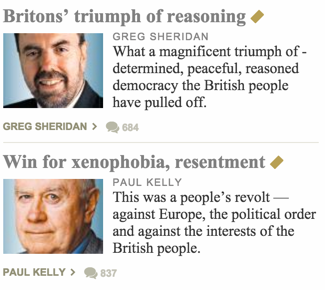So… what did I find when I was looking at the history of the Greek alphabets, in Jeffrey’s monograph?
http://www.opoudjis.net/unicode/…
The second problem is that not all the sibilants were present in all the dialects. Most Greek scripts initially avoided xi, and wrote /ks/ as ΧΣ; Jeffery (1990:32) suspects the Ionians held on to it because /ks/ in Ionic could be realised as [kʃ] (which is speculative), and under the influence of neighbouring non-Hellenic languages like Carian which did have /ʃ/. (Circumstantial evidence for this lies in the separate Ionic invention of sampi as yet another sibilant, after they’d skipped san.) Once the Milesian alphabet was adopted by Athens, xi was reintroduced to the rest of Greece as /ks/.
So: possibly, xi was an attempt to make use of a Phoenecian letter with a /ʃ/ pronunciation (actually samekh was the /ʃ/ pronunciation: the letters got mixed up). It stuck around in Ionic, maybe because they had a use for the sound; and then accidentally came back into the standardised Milesian alphabet, which was Ionian.
That does not explain psi, which was not necessarily Phoenecian to begin with. As https://en.wikipedia.org/wiki/Ps… reminds me, it was /kʰ/ in Western Greek, and /ps/ in Eastern Greek. My suspicion: /kʰ/, which makes more sense for Greek, came first; and was reinterpreted in Eastern Greek as a counterpart to xi, since Eastern Greek already had a chi.
I don’t have a basis for that; but whatever happened, xi, as the definite Phoenecian letter, came first, and psi followed.
EDIT (cc Vladimir Menkov): Kicking myself, checking Wikipedia on an unrelated matter:
The unusual use of special letters for the consonant clusters [kʰs] and [pʰs] can be explained by the fact that these were the only combinations allowed at the end of a syllable. With this convention, all Greek syllables could be written with at most one final consonant letter.
Damn. It’s so obvious…
